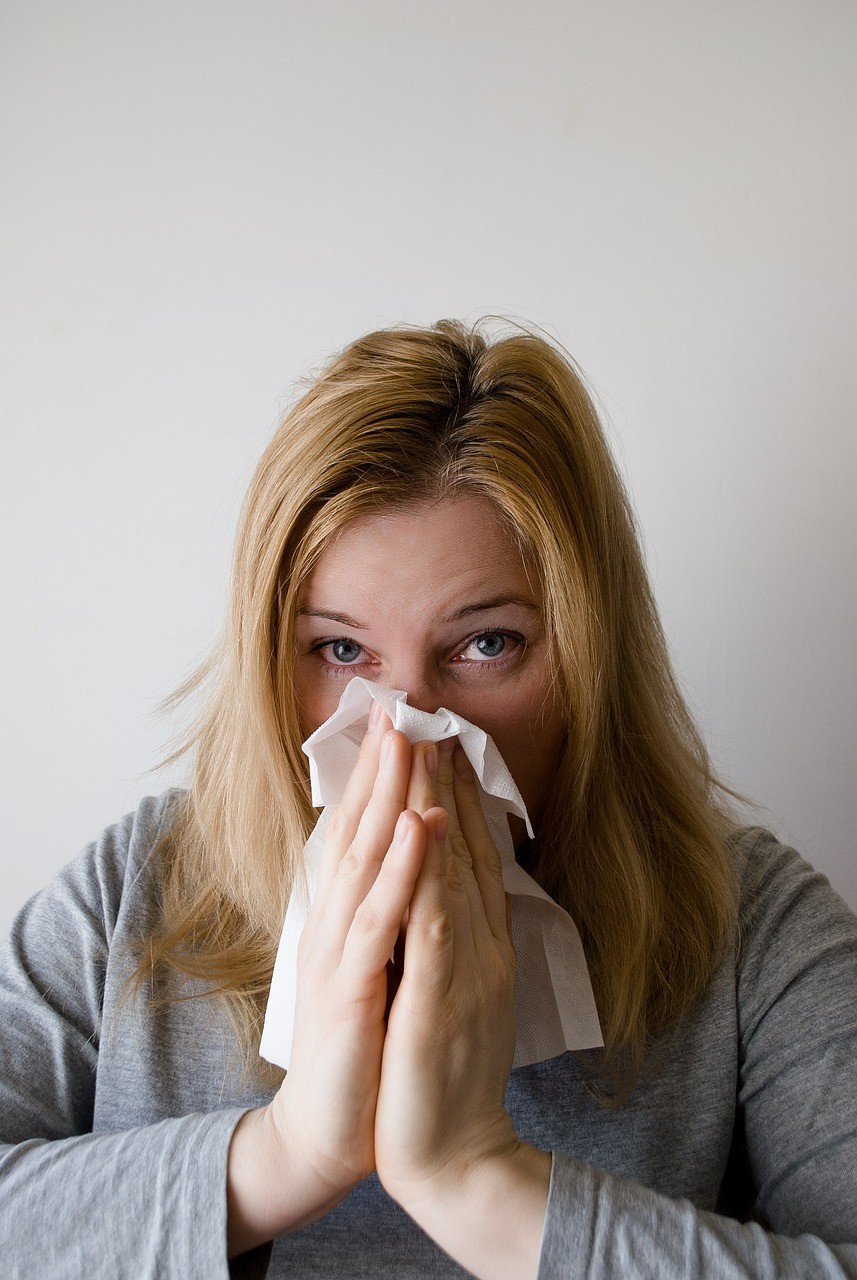This plea comes as the region’s health services are reporting extra pressure as common winter illnesses, such as flu and norovirus, spread through our communities.
Dr Neil O'Brien, chief medical officer for NHS North East and North Cumbria ICB and local GP said: "At this time of year, we do start to see people becoming unwell with viruses like flu and norovirus.
"These viruses can be very nasty, but don't worry, you will usually get better without the need to see a doctor or go to hospital.
“Everyone can play a part in stopping the spread of these viruses, such as making sure you get your flu and Covid-19 jabs if you are eligible; wash your hands frequently; use tissues and dispose of them quickly; and stay at home as much as you can.
"With these kinds of viruses, it's important to stay hydrated and you can take paracetamol for any fevers and aches. Your community pharmacists are well placed to advise on medication for common or minor illnesses.
How to look after yourself if you have flu or norovirus:
- drink plenty of fluids to avoid dehydration
- take paracetamol for any fever or aches and pains
- if you feel like eating, eat foods that are easy to digest i.e. soups
- stay at home if you can
- however, you should contact your GP to seek advice if your symptoms last longer than a few days or if you already have a serious illness
Dr Sean Fenwick, co-chair of the NHS strategic urgent and emergency care board for the North East and North Cumbria said: "Flu and norovirus peak during winter months and are highly contagious. When people attend hospitals with these symptoms, they can easily spread to our already vulnerable hospital patients.
"Please do not visit if you have any symptoms as they can spread and cause serious illness in our vulnerable hospital patients. If you have these symptoms contact 111 or speak to your local pharmacist for advice. Good self-care and over the counter medication can help with these common winter illnesses."
To reduce the risk of spreading flu or norovirus:
-
wash your hands frequently
-
disinfect surfaces and use tissues to catch germs when you cough or sneeze
- bin used tissues as quickly as possible
Only use 999 or A&E for medical emergencies such as:
-
Chest pain
-
Breathing difficulties
- Unconsciousness
- Severe loss of blood
- Severe burns
- Choking
- Fitting
- Drowning
- Severe allergic reactions
Anyone feeling unwell and concerned about their health but is with an urgent need, which is not life-threatening should contact their GP or out of hours use NHS 111 online, or call 111
Examples of urgent care needs include:
- Minor head, ear or eye problems
- Sprains, strains, cuts and bites
- Children’s minor injuries and ailments
- Abscesses or wound infections
For more information please see www.
